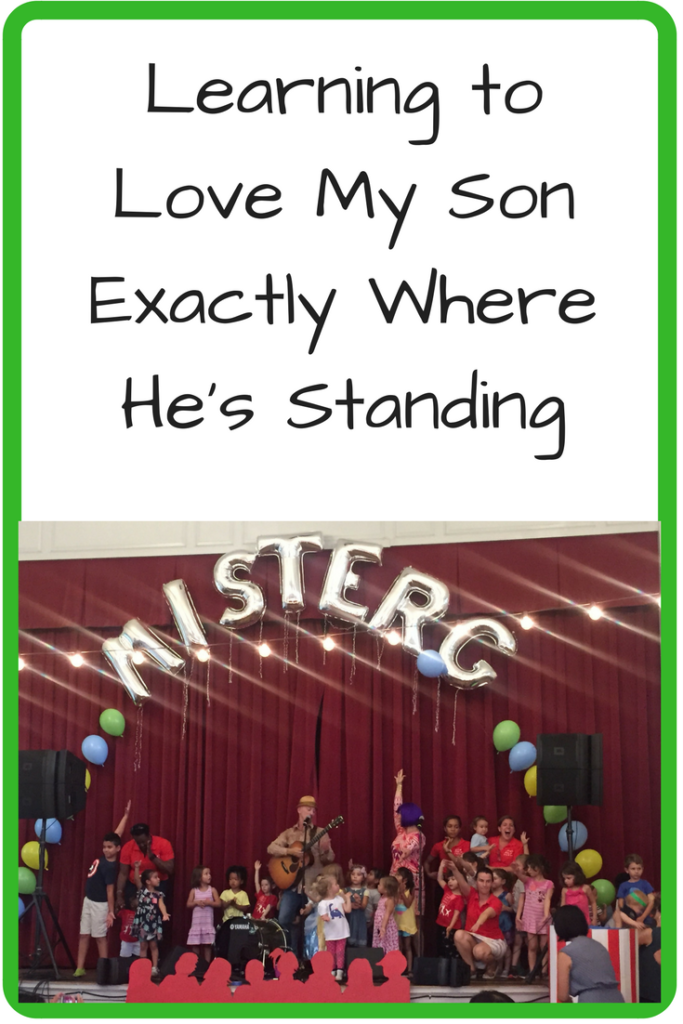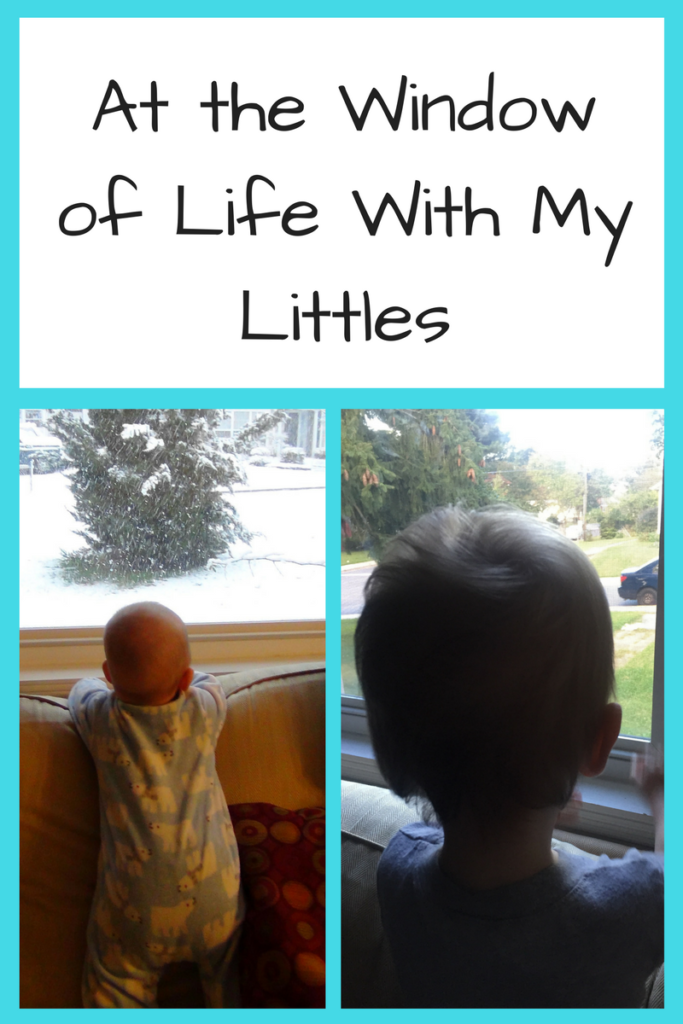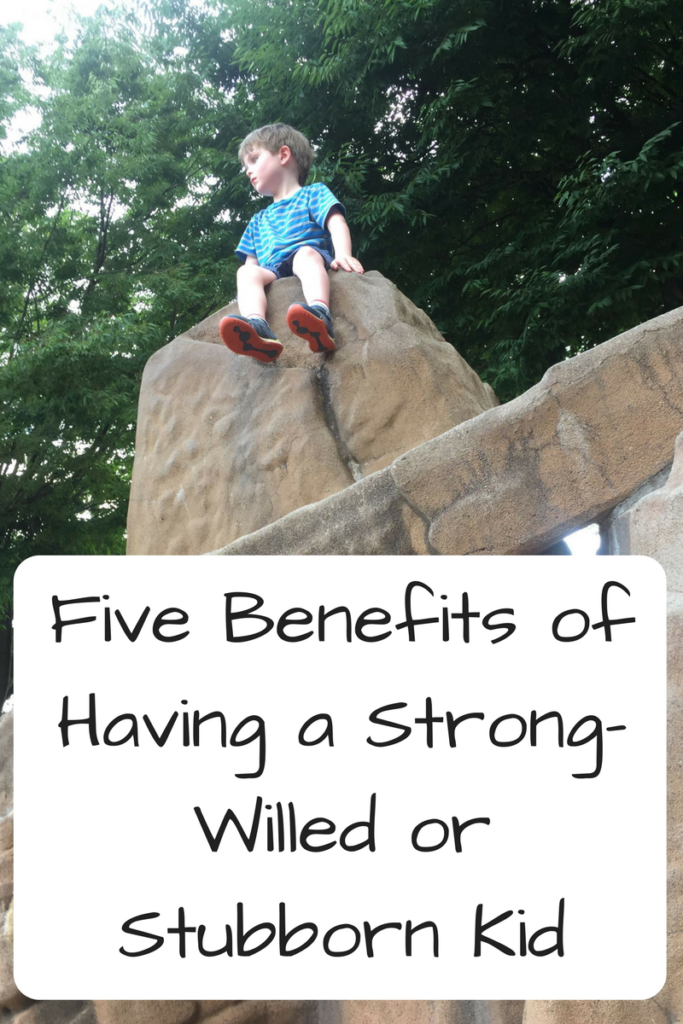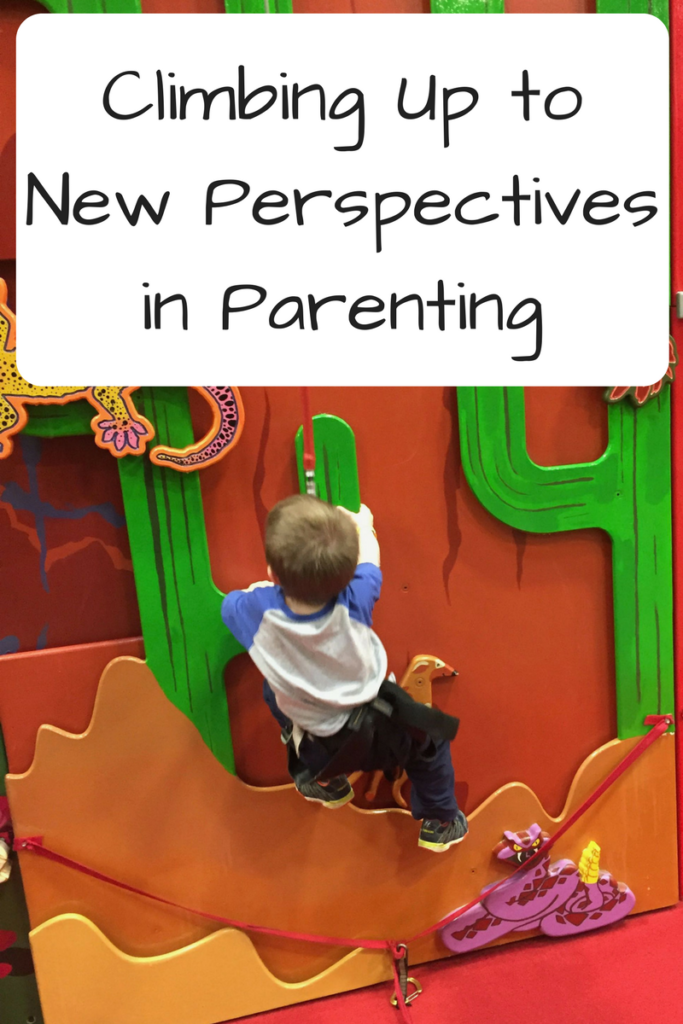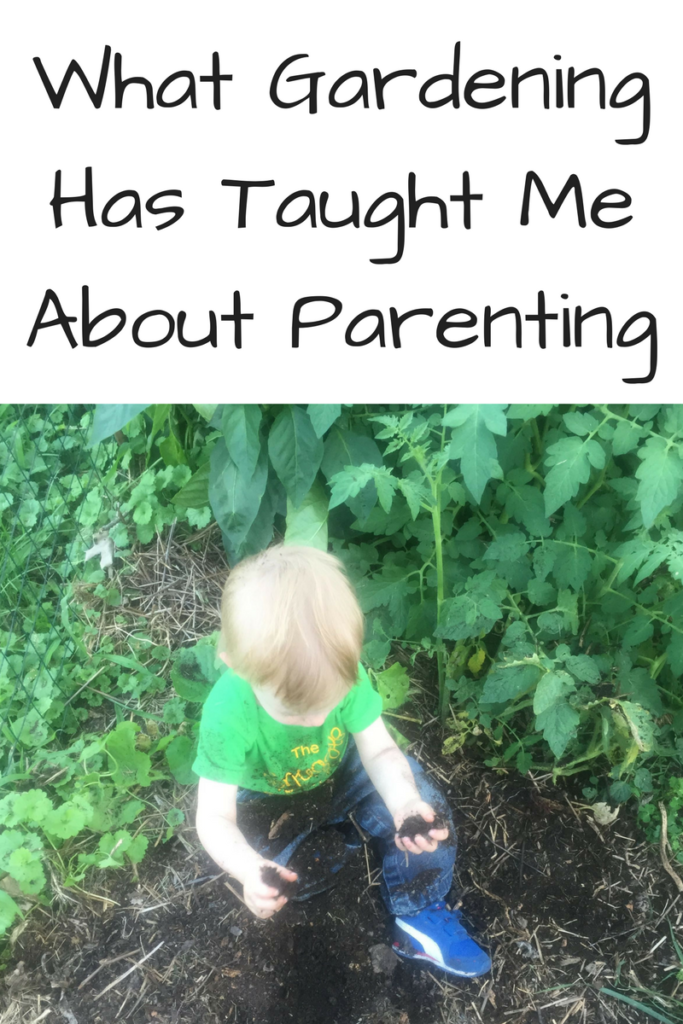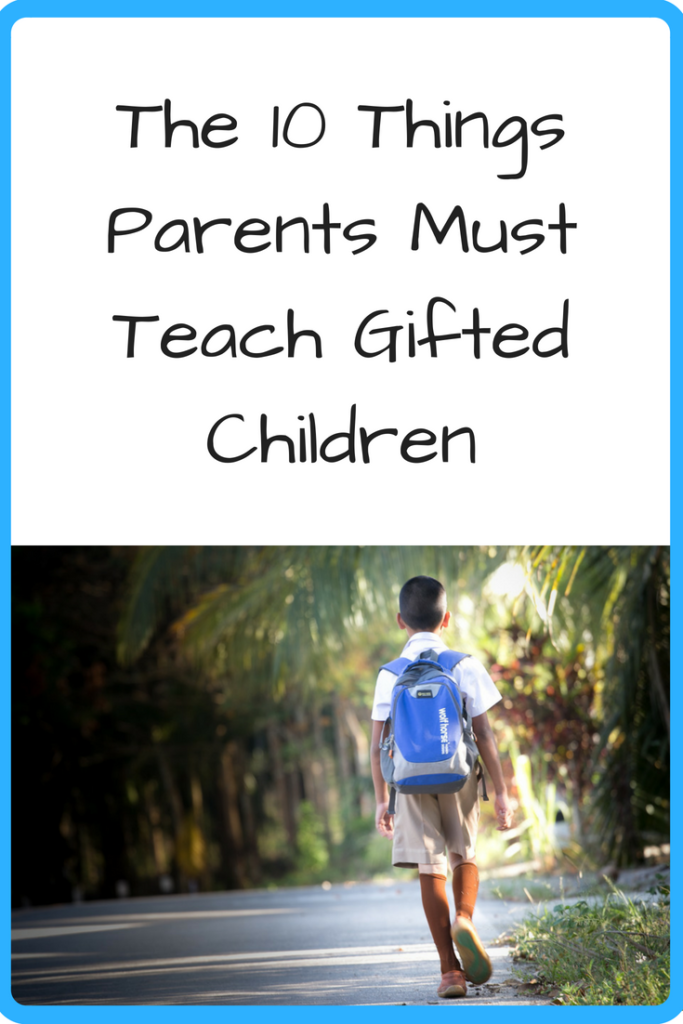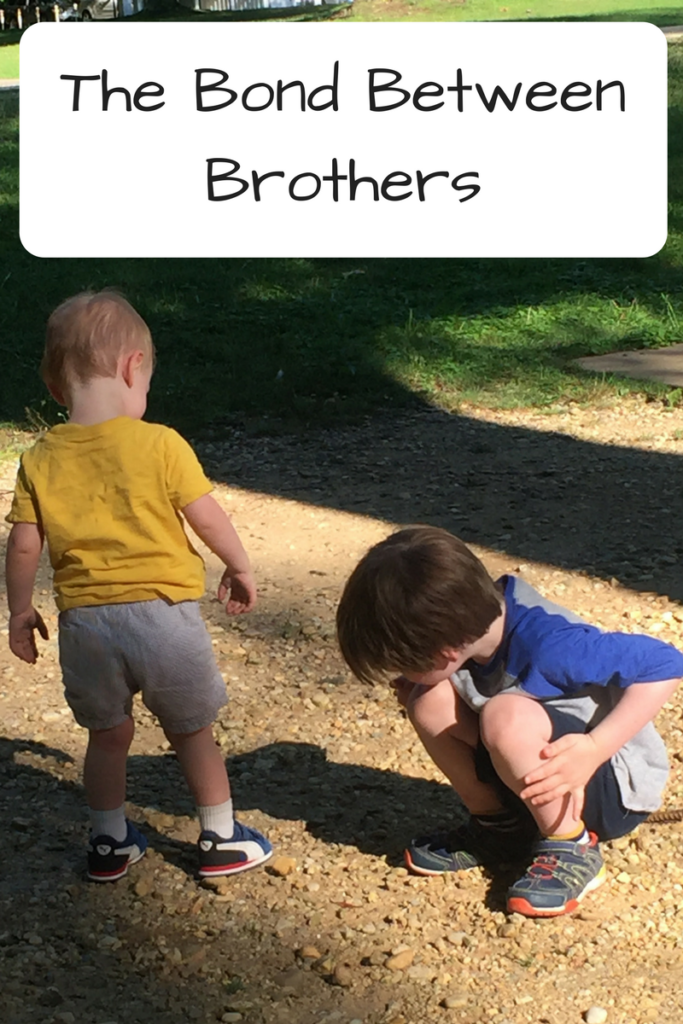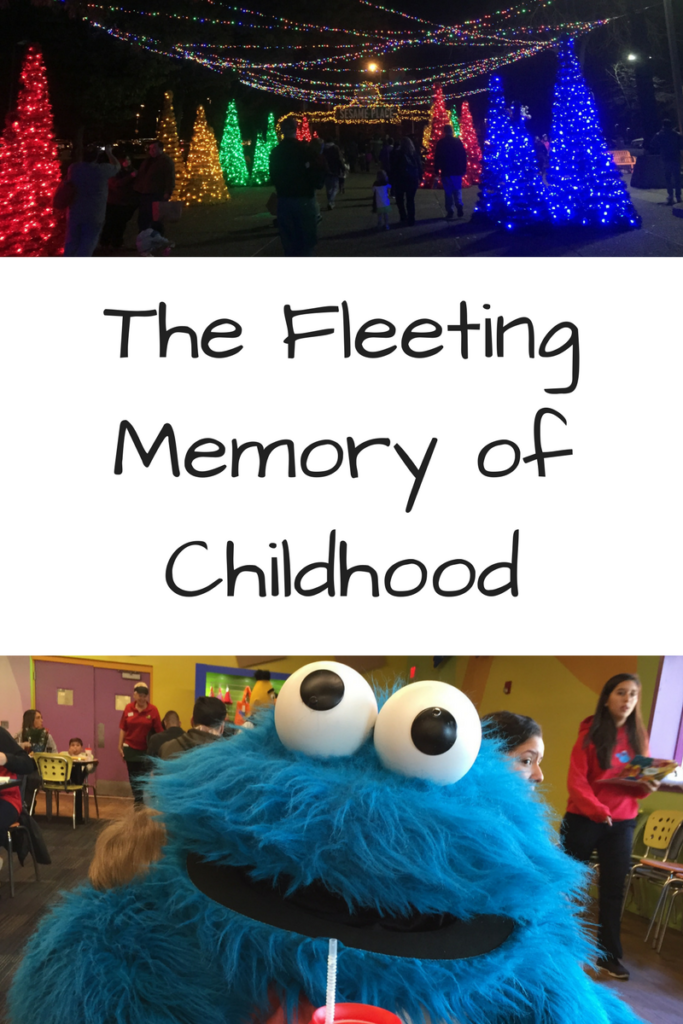
“You remember Sesame Place, right? Where we met Cookie Monster?” I said to my four-year-old casually. I was in the middle of contemplating going back sometime this fall.
“No,” he responded and shrugged.
“Really?” I said, tilting my head and squinting at him. His answer completely derailed my train of thought. Visiting Sesame Place had been his first long-term memory, or so I had thought. In fact, it was the one single event he had remembered before his brother had been born, when he was still an only child.
And just like that, it was gone.
That surprise struck me again a few weeks later. We were walking to a pedestrian bridge near our house to watch the trains pass under it. While we used to walk this route daily, Sprout has been more interested this summer in riding his bike or running around the playground than watching trains.
Walking past our neighbor’s house, we spotted their dogs, who are always outside if the weather is decent. Pointing them out to Sprout, I blanked on their names.
“Look, it’s – uh, what are their names again?” I asked.
“I don’t remember,” he said, looking confused himself. While me not remembering their names wasn’t surprising at all, him forgetting them left me with my mouth open. He and Chris walked this route every day for months. Every time, he’d stop and say hello to the dogs. He knew their names as if they were our pets.
After a few mental stumbles, I retrieved their names – “Cupcake and Boo Boo, that’s it.”
“Oh, right,” he said. I couldn’t tell if he was remembering them as well or just affirming me.
Continue reading →

